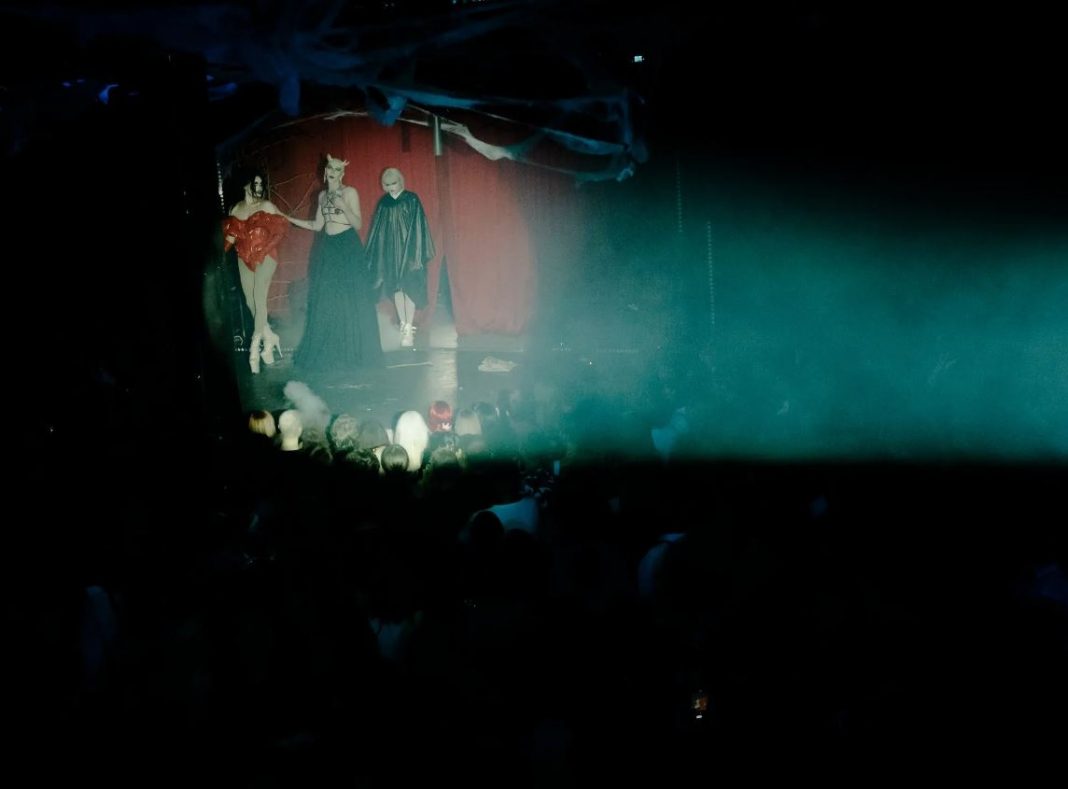On a recent Friday night in an industrial area of northeastern Moscow, organisers of an LGBTQ-friendly art event were diligently verifying IDs. No one under 18 is permitted. They were attempting to comply with a 2013 Russian regulation that prohibits exposing youngsters to “homosexual propaganda.”
Since the passage of the legislation, life has been difficult for gay Russians, since the Kremlin views homosexuality as a Western import that is detrimental to traditional Russian values and society.
Now, Russia’s parliament is poised to enact a legislation package that would outlaw any “homosexual propaganda,” portending a more difficult future for a stigmatised part of society.
The regulations would restrict the depiction of L.G.B.T.Q. relationships in all types of media, including streaming services, social platforms, books, music, posters, billboards, and films, as well as any public location, according to campaigners. This is a difficult proposition for gay individuals seeking community, acceptance, or an audience.
Taylor is the stage name of a drag performer who said, “I fear for my future because, given recent developments, it will not be as bright as I would want.” Domestic abuse, mental health, and AIDS were addressed during Taylor’s Friday concert before a small but passionate audience.
The new regulations are part of President Vladimir V. Putin’s escalating campaign to portray Russia as engaged in a civilizational conflict with the West, which he accuses of attempting to export poisonous principles.
The Kremlin is tying the suppression of L.G.B.T.Q. expression to their justification for the conflict in Ukraine, maintaining that Russia is battling not just Ukraine but the whole Western alliance NATO, which poses a danger to the homeland.
Mr. Putin emphasised this point in a speech last week, stating that the West may have “dozens of genders and gay pride parades” but should not attempt to export these “trends” to other countries.
Almost 400 of his 450 colleagues in the Duma, the lower house of parliament, have signed on as co-sponsors, and the bill’s approval is almost certain. The laws will next be transmitted to the Federation Council for ratification, followed by Vladimir Putin.
Critics of the Kremlin saw the ideas as an effort to create an internal adversary in order to shift attention away from combat losses and an unpopular conscription of hundreds of thousands of troops.
“It’s like saying, ‘Look, we have this particular operation. If we lose, your children’s gender will be altered, your children will be taken away, and it will be the stuff of nightmares,'” said Dr. Nikolai Lunchenkov, a physician who specialises in LGBTQ health.
In Russia, social networks like Instagram and Facebook, where the majority of musicians promote their gigs, are already forbidden. Many drag performers and event organisers discuss having to delete their social media postings.
Taylor said that operations would “return to the shadows” and information would be limited to word-of-mouth.
Some L.G.B.T.Q. Russians are questioning their ability to continue living in an atmosphere that is more unfriendly to anyone who criticise the Kremlin’s position on the war or on gay life. Russia has made it illegal to oppose the war.
In the last nine years, 123 infractions of the 2013 statute have been brought before Russian courts, according to a study conducted by Maksim Olenichev, a trial attorney specialising in LGBTQ rights. “These are really rare instances,” he said. According to him, the legislation had a stronger influence on Russians’ perceptions of what constituted socially acceptable conduct.
According to the government, these individuals do not have the same rights as everyone else, he added. “‘LGBTQ individuals are not entirely human.’ This is how individuals would excuse maltreatment against them. The goal is to make LGBTQ individuals invisible in Russia.”
Since 2013, Mr. Olenichev and his colleagues have seen a rise in the number of clients who have experienced identity-based assaults, despite the fact that the authorities do not register hate crimes against LGBT individuals.
According to Vladimir Komov, a lawyer with the nonprofit Delo LGBT+, the language driving anti-gay legislation may have grave repercussions for homosexual Russians.

